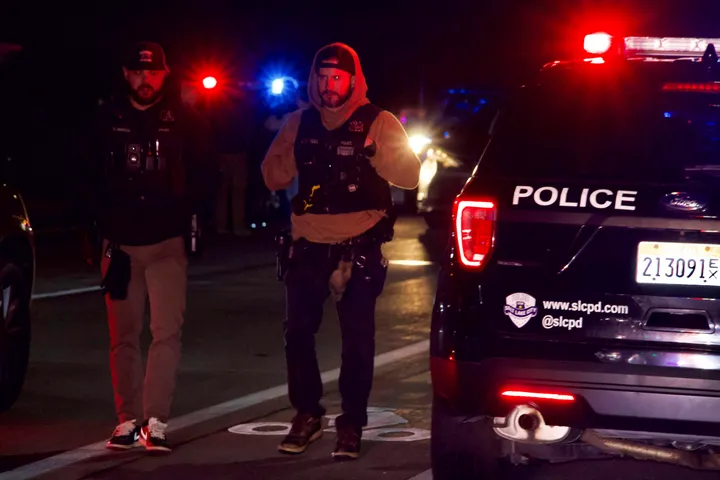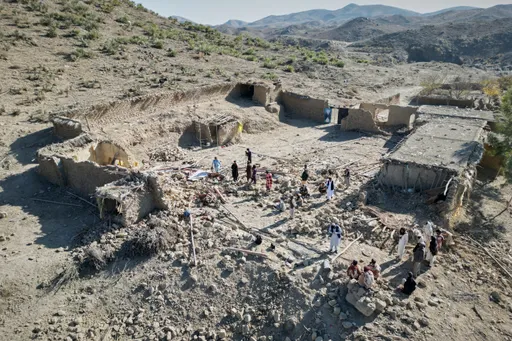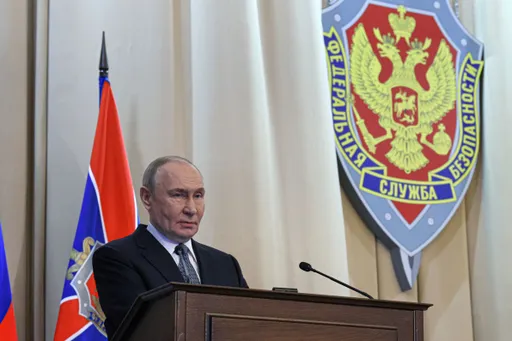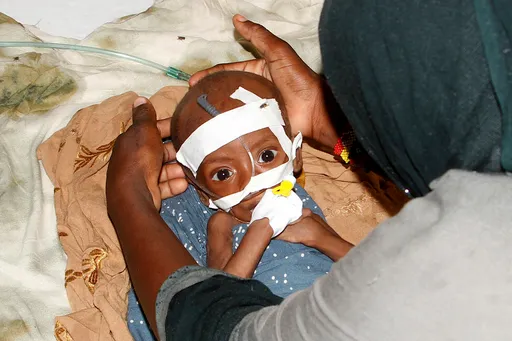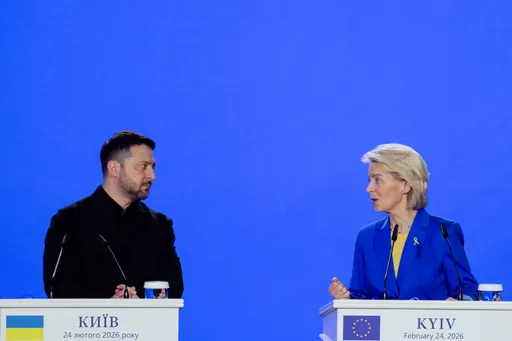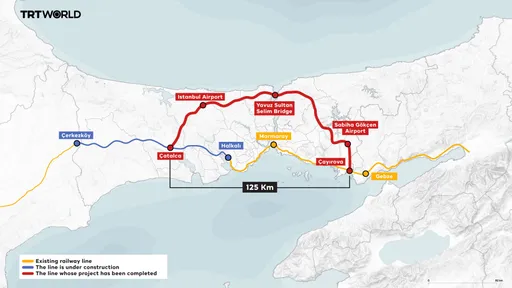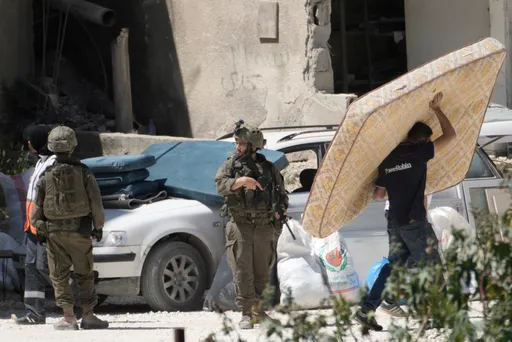Sri Lanka's beleaguered President Gotabaya Rajapaksa has fled his official residence in Colombo before protesters gathered to demand his resignation stormed the compound.
"The president was escorted to safety," a top defence source told AFP news agency, adding that troops fired in the air to prevent angry crowds from overrunning the President's Palace.
Sirasa TV, a private broadcaster, showed crowds entering the once tightly-guarded residence.
Sri Lanka has suffered through months of food and fuel shortages, lengthy blackouts and galloping inflation after running out of foreign currency to import vital goods.
Huge crowds had poured into the capital for the demonstration, the latest expression of unrest sparked by the island nation's unprecedented economic crisis.
Urgent cabinet meeting
Sri Lanka's Prime Minister Ranil Wickremesinghe summoned an urgent cabinet meeting to discuss a "swift resolution" to a potential power vacuum after Rajapaksa fled his residence.
Wickremesinghe, who is next in line of succession if Rajapaksa resigns, invited political party leaders to join the meeting and also asked for parliament to be convened urgently to discuss the crisis, his office said in a statement.
Police lift curfew
Police had withdrawn a curfew order issued on Friday after opposition parties, rights activists and the bar association threatened to sue the police chief.
Thousands of anti-government protesters ignored the stay-home order and even forced railway authorities to operate trains to take them to Colombo for Saturday's rally, officials said.
"The curfew was not a deterrent, in fact it encouraged more people to get on the streets in defiance," a top defence official told AFP.
"Passengers had commandeered trains to reach Colombo."
READ MORE:Sri Lanka to share its debt-restructuring plan with IMF next month
Economic crisis
Sri Lanka has suffered through months of food and fuel shortages, lengthy blackouts and galloping inflation after running out of foreign currency to import vital goods.
The country has nearly exhausted already scarce supplies of petrol, but protesters backed by main opposition parties, had hired private buses to travel to the capital.
Demonstrators have camped outside Rajapaksa's seafront office to demand his resignation over the government's mismanagement of the crisis.
On Friday, three judges refused police requests to outlaw Saturday's protests.
Nine people were killed and hundreds wounded when clashes erupted across the country after Rajapaksa loyalists attacked peaceful protesters outside the president's office in May.
Sri Lanka has defaulted on its $51 billion external debt and has been in bailout talks with the International Monetary Fund.
READ MORE: How is Sri Lanka’s temporary halt on fuel sales affecting people?




